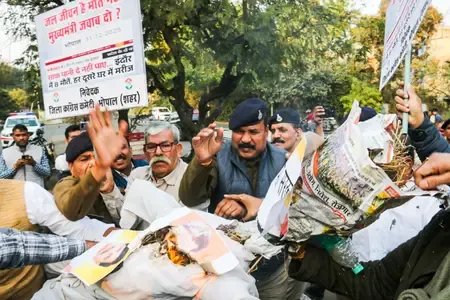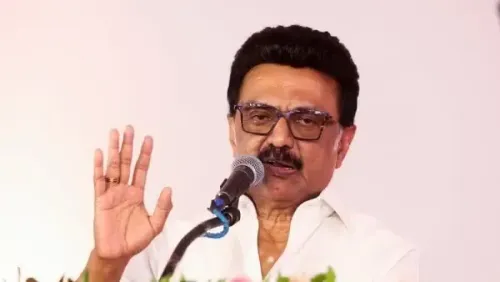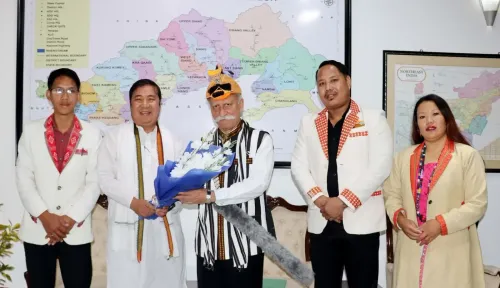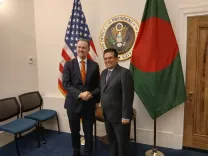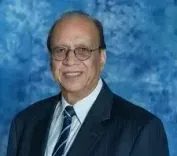Did Pak PM Shehbaz Sharif Address the Nation After a Ceasefire Agreement Amid Violations?
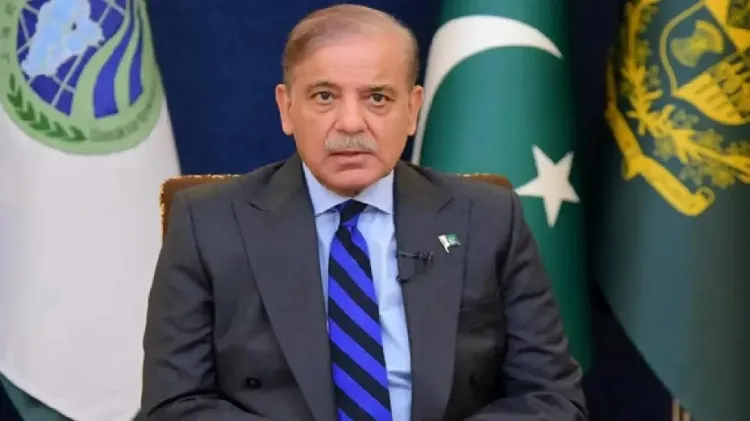
Synopsis
Key Takeaways
- Pakistan's ceasefire agreement with India was brokered by the US.
- Violations occurred almost immediately after the agreement was made.
- Both nations had agreed to cease all military actions.
- The international community has reacted positively to the ceasefire.
- Future discussions are planned to enforce the terms of the ceasefire.
New Delhi, May 11 (NationPress) Pakistan's Prime Minister Shehbaz Sharif delivered a speech to the nation on Saturday, just hours after an agreement for a ceasefire was reached with neighboring India, facilitated by the United States.
However, mere hours after this ceasefire agreement was established, the Pakistani armed forces breached the terms by resuming aggressive firings and drone strikes along the Line of Control (LoC) and the International Border (IB), indicating a lack of seriousness regarding the ceasefire.
Ironically, while Sharif was publicly celebrating the ceasefire, the Pakistan Army was actively violating it on the border.
The Prime Minister asserted that Pakistan, as a responsible state, has responded positively to the ceasefire in the interest of regional stability and the safety of millions of its citizens. However, this statement appears to diverge significantly from the reality on the ground.
Pakistan breached the bilateral ceasefire agreement with India just hours after both nations committed to halting military hostilities.
Both India and Pakistan, embroiled in a longstanding cross-border conflict, had agreed to cease all military actions by land, air, and sea on Saturday afternoon.
Yet, the Pakistani side quickly violated this agreement, conducting drone operations across the border late on Saturday night.
Reports of Pakistani drones were noted from Srinagar in Jammu and Kashmir to Bhuj in Gujarat, plunging border cities back into darkness due to a complete blackout.
In a significant move toward de-escalation earlier that day, Foreign Secretary Vikram Misri confirmed that Pakistan's Director General of Military Operations contacted his Indian counterpart, leading to an agreement to cease all military operations effective from 5 p.m. IST.
Misri mentioned that instructions have been distributed to enforce the ceasefire, with further discussions scheduled at the DGMO level for May 12 at noon.
"Pakistan's DGMO contacted India's DGMO at 15:35 this afternoon, and they mutually agreed to halt all military actions on land, air, and sea effective from 5 p.m. IST," said Vikram Misri, adding, "Instructions have been issued to both sides to uphold this agreement, with another DGMO conversation planned for May 12 at noon."
Despite the violation occurring just hours after the agreement was in place, Prime Minister Sharif expressed gratitude to US President Donald Trump, China, Saudi Arabia, and others for their efforts in brokering the ceasefire with India.
As both nations worked to formalize their agreement, the UK and Saudi Arabia welcomed the development, while the European Union described it as a "vital step towards de-escalation," urging all parties to respect the agreement.
Germany characterized the ceasefire as the "first important step out of the escalation spiral."
The Directors General of Military Operations from both countries confirmed that all military actions would cease effective from 5 p.m. on Saturday, as stated by India's Foreign Secretary.
This brief announcement came shortly after US President Donald Trump indicated that India and Pakistan had agreed to a "full and immediate" ceasefire following US-mediated discussions.
The DGMO of Pakistan contacted the DGMO of India at 3:35 p.m. IST earlier that day, as highlighted by Foreign Secretary Misri.


